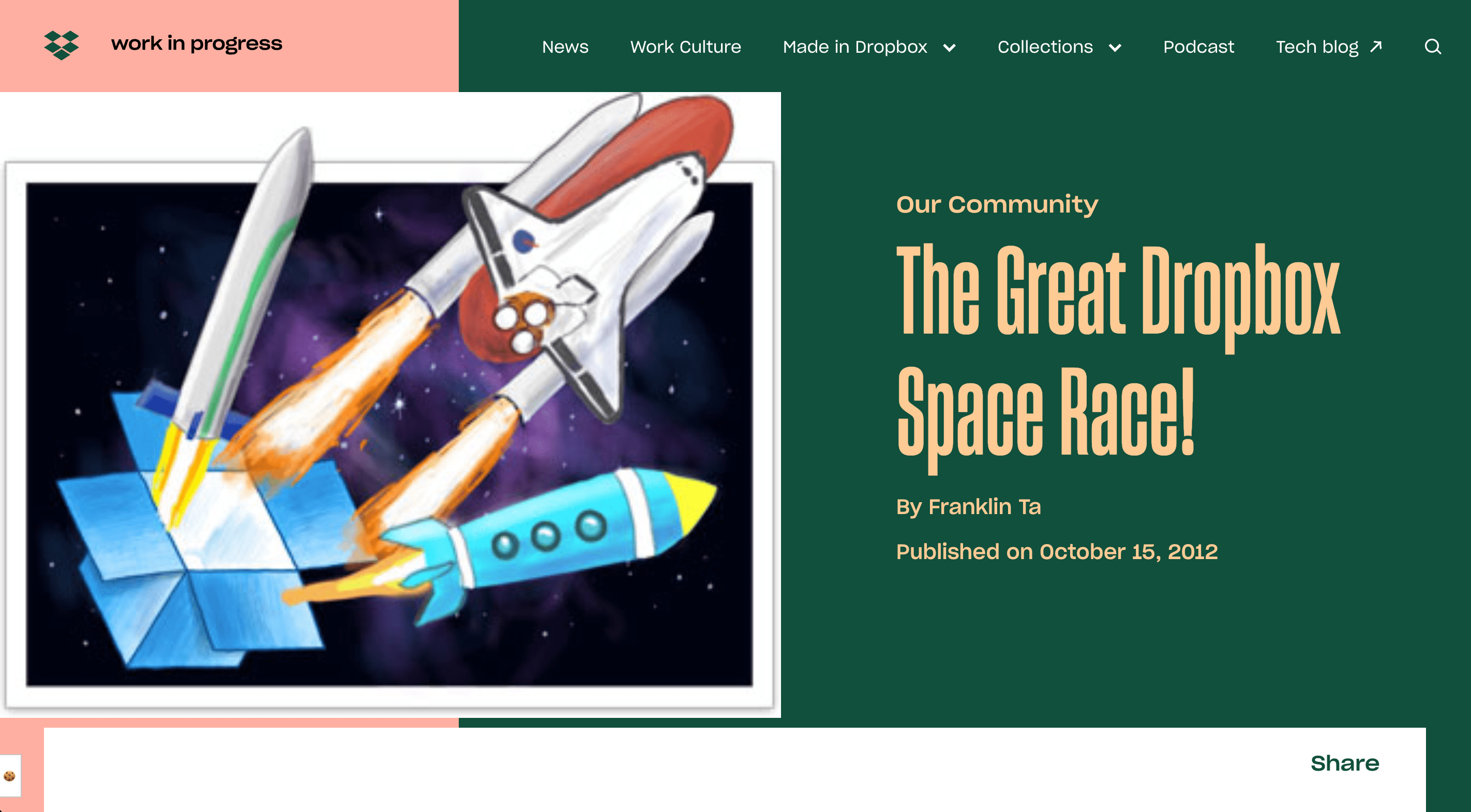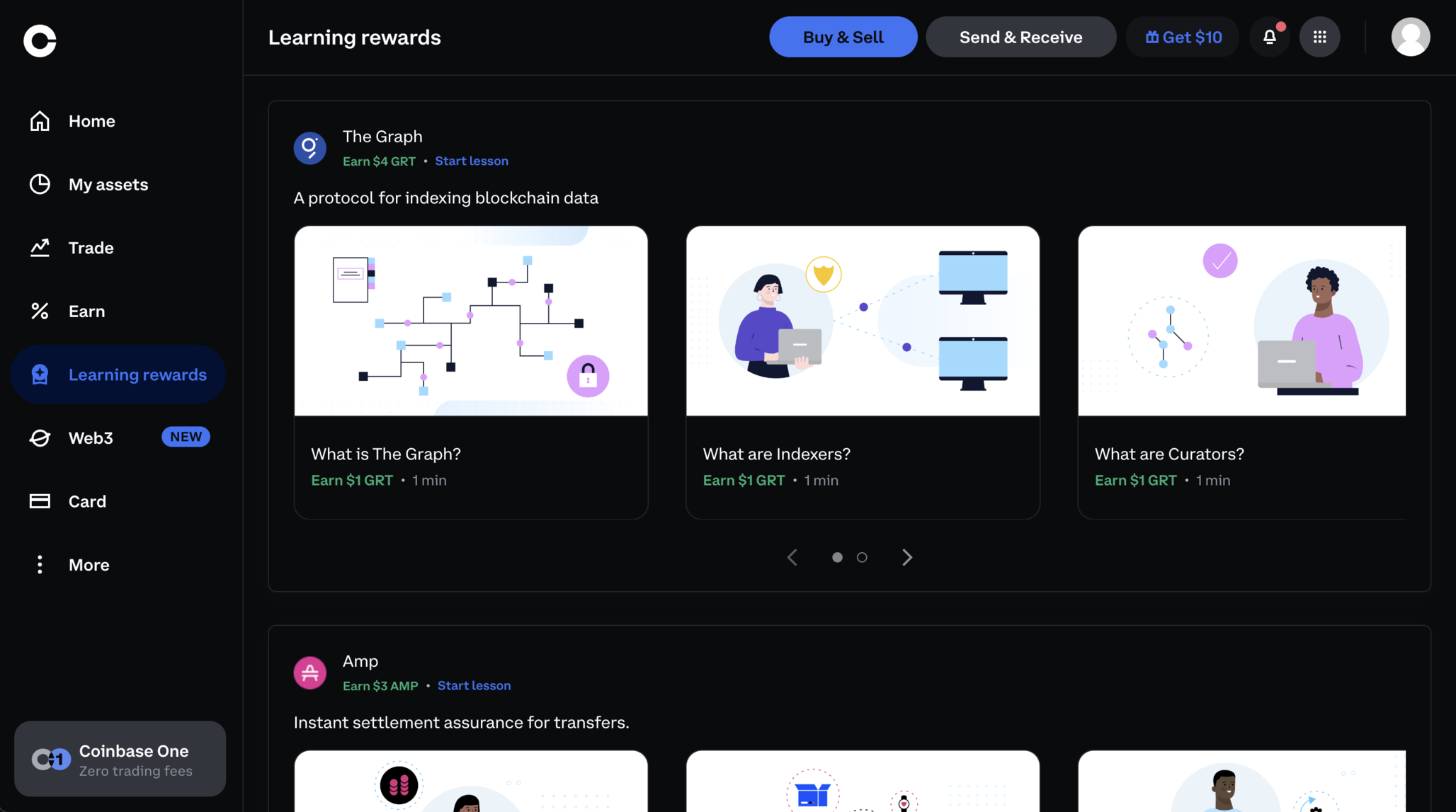Introduction
In the realm of B2B marketing, social proof plays a pivotal role in influencing purchasing decisions. Two powerful tools that harness the persuasive impact of social proof are testimonials and case studies. While both serve to showcase the value and effectiveness of a product or service, they do so in distinct ways, each with its own strengths and applications. This comprehensive guide will delve into the nuances of testimonials and case studies, exploring their differences, benefits, and how to effectively utilize them in your B2B marketing strategy.
Table of Contents
- Understanding Social Proof in B2B Marketing
- What Are Testimonials?
- What Are Case Studies?
- Key Differences Between Testimonials and Case Studies
- The Power of Testimonials in B2B Marketing
- The Impact of Case Studies in B2B Marketing
- When to Use Testimonials vs Case Studies
- Best Practices for Creating Effective Testimonials
- Best Practices for Developing Compelling Case Studies
- Integrating Testimonials and Case Studies in Your Marketing Strategy
- Measuring the Impact of Testimonials and Case Studies
- Conclusion
Understanding Social Proof in B2B Marketing
Social proof is a psychological phenomenon where people look to the actions and behaviors of others to guide their own decisions. In B2B marketing, social proof takes on added significance due to the complex nature of business purchases and the higher stakes involved. Decision-makers seek reassurance that they're making the right choice, and evidence of success from peers can provide that crucial validation.
Testimonials and case studies are two primary forms of social proof that B2B marketers leverage to build trust, credibility, and persuade potential customers. Let's explore each in detail.
What Are Testimonials?
Testimonials are brief, targeted endorsements from satisfied customers that highlight the value and benefits of a product or service. They typically focus on specific aspects of the customer's experience, such as improved efficiency, cost savings, or exceptional customer support.
Key characteristics of testimonials include:
- Short and concise statements
- Often presented as quotes
- Highlight specific benefits or outcomes
- Personal and emotionally resonant
- Easy to consume and share
- Can be presented in various formats (text, video, audio)
What Are Case Studies?
Case studies are in-depth, narrative accounts of how a company's product or service solved a specific customer's problem. They provide a detailed look at the customer's journey, from the initial challenge through the implementation of the solution and the resulting outcomes.
Key characteristics of case studies include:
- Longer, more detailed accounts
- Structured narrative format
- Focus on the problem-solution-result framework
- Include specific data and metrics
- Demonstrate the practical application of products/services
- Often include quotes and testimonials within the larger narrative
Key Differences Between Testimonials and Case Studies
While both testimonials and case studies serve as forms of social proof, they differ in several key aspects:
| Aspect | Testimonials | Case Studies |
|---|---|---|
| Length | Short (usually a few sentences) | Long (typically 1-4 pages) |
| Depth | Surface-level overview | In-depth analysis |
| Focus | Specific benefit or feature | Entire problem-solving process |
| Format | Quote-style, often with a photo | Narrative with sections and data |
| Time to create | Quick to obtain and produce | Requires significant time and resources |
| Best for | Highlighting quick wins and emotional impact | Demonstrating complex solutions and ROI |
| Typical placement | Website, social media, email signatures | Dedicated landing pages, sales collateral |
The Power of Testimonials in B2B Marketing
Testimonials wield significant influence in B2B marketing for several reasons:
Quick Impact: Testimonials provide instant credibility and can be consumed quickly, making them ideal for capturing attention in a fast-paced digital environment.
Emotional Connection: By featuring real people and their experiences, testimonials create an emotional resonance that can be particularly effective in B2B contexts where decisions often involve both rational and emotional factors.
Versatility: Testimonials can be easily adapted for use across various marketing channels, from websites and social media to email campaigns and sales presentations.
Specificity: Well-crafted testimonials can highlight specific pain points and solutions, allowing potential customers to see themselves in similar situations.
Trust Building: Hearing from peers in similar roles or industries helps build trust and reduces perceived risk in the decision-making process.
Social Proof at Scale: Collecting and showcasing multiple testimonials creates a cumulative effect of social proof, demonstrating widespread satisfaction and success.
The Impact of Case Studies in B2B Marketing
Case studies offer unique benefits that make them invaluable in B2B marketing:
Comprehensive Storytelling: Case studies allow for a complete narrative arc, showcasing the entire customer journey and providing context that resonates with decision-makers.
Detailed Problem-Solving: By detailing specific challenges and solutions, case studies demonstrate a company's expertise and ability to handle complex situations.
Data-Driven Results: The inclusion of concrete metrics and ROI data provides tangible evidence of a product or service's effectiveness.
Industry-Specific Relevance: Case studies can be tailored to specific industries or use cases, making them highly relevant to targeted segments of your audience.
Sales Enablement: Detailed case studies equip sales teams with powerful tools to address objections and demonstrate value throughout the sales process.
Thought Leadership: Well-executed case studies position a company as an authority in solving specific business challenges.
Long-Term Value: Unlike testimonials, which may become dated, case studies often remain relevant for extended periods, providing ongoing marketing value.
When to Use Testimonials vs Case Studies
Understanding when to deploy testimonials versus case studies can significantly enhance your marketing efforts:
Use Testimonials When:
- You need quick, impactful social proof
- Targeting early-stage prospects who are just beginning their research
- Highlighting specific features or benefits
- Creating content for social media or other channels with limited space
- Personalizing marketing messages for different audience segments
- Aiming to create an emotional connection or address specific pain points
Use Case Studies When:
- Demonstrating complex solutions or long-term value
- Targeting decision-makers in the consideration or decision stage of the buying process
- Providing detailed evidence of ROI and business impact
- Addressing industry-specific challenges or use cases
- Supporting sales teams in nurturing leads and closing deals
- Establishing thought leadership and expertise in solving specific business problems
Best Practices for Creating Effective Testimonials
To maximize the impact of your testimonials, follow these best practices:
Be Specific: Encourage customers to mention specific benefits, features, or outcomes they experienced.
Use Real Names and Companies: Whenever possible, include the full name, title, and company of the person providing the testimonial for added credibility.
Include Visuals: Incorporate photos or videos of the person giving the testimonial to increase authenticity and engagement.
Keep It Concise: Aim for testimonials that are short enough to be easily digestible but long enough to provide meaningful information.
Diversify Your Sources: Collect testimonials from a range of customers representing different industries, company sizes, and use cases.
Update Regularly: Continuously gather new testimonials to keep your social proof current and relevant.
Seek Permission: Always obtain explicit permission to use customer testimonials in your marketing materials.
Align with Buyer Personas: Select testimonials that resonate with your target audience's pain points and goals.
Showcase Results: Whenever possible, include specific metrics or results achieved by the customer.
Use Various Formats: Experiment with written, video, and audio testimonials to appeal to different preferences and platforms.
Best Practices for Developing Compelling Case Studies
Creating impactful case studies requires careful planning and execution. Follow these best practices:
Choose the Right Customer: Select customers with compelling stories that align with your target audience's challenges and goals.
Follow a Clear Structure: Use a consistent format that includes background, challenge, solution, and results sections.
Tell a Story: Craft a narrative that engages readers and helps them connect with the customer's journey.
Include Concrete Data: Provide specific metrics, ROI figures, and other quantifiable results to demonstrate the impact of your solution.
Use Customer Quotes: Incorporate direct quotes from the customer to add authenticity and a personal touch to the case study.
Highlight the Process: Detail the steps taken to implement your solution, including any challenges overcome along the way.
Make It Visually Appealing: Use design elements, charts, and images to break up text and make the case study more engaging.
Offer Multiple Formats: Create different versions of the case study (e.g., full PDF, one-pager, video) to suit various marketing channels and reader preferences.
Include a Clear Call-to-Action: Guide readers on what to do next, whether it's contacting sales, requesting a demo, or exploring related resources.
Ensure Accuracy and Approval: Have the featured customer review and approve the case study before publication to ensure accuracy and maintain trust.
Integrating Testimonials and Case Studies in Your Marketing Strategy
To maximize the impact of testimonials and case studies, integrate them throughout your marketing funnel:
Website Integration: Feature testimonials prominently on your homepage and product pages, with links to full case studies for those seeking more information.
Email Marketing: Include relevant testimonials in nurture emails and use case studies as valuable content offers to move leads through the funnel.
Social Media: Share snippets of testimonials and key takeaways from case studies across your social channels to drive engagement and interest.
Content Marketing: Reference case studies in blog posts, whitepapers, and other content to provide real-world examples and credibility to your claims.
Sales Enablement: Equip your sales team with a library of testimonials and case studies tailored to different industries, company sizes, and use cases.
Paid Advertising: Use testimonial quotes in ad copy and promote case studies as lead magnets in your paid campaigns.
Events and Webinars: Incorporate customer stories and testimonials into your presentations and invite featured customers to speak at events.
Product Marketing: Use testimonials and case study results to highlight specific features or use cases in product documentation and training materials.
Partner Marketing: Share relevant testimonials and case studies with partners to help them more effectively promote your products or services.
Customer Onboarding: Showcase success stories during the onboarding process to reinforce the customer's decision and set expectations for success.
Measuring the Impact of Testimonials and Case Studies
To ensure your testimonials and case studies are effectively contributing to your marketing goals, track key metrics such as:
- Website engagement (time on page, scroll depth) for pages featuring testimonials and case studies
- Click-through rates on emails and ads that include testimonials or case study offers
- Conversion rates for landing pages with and without social proof elements
- Sales cycle length and close rates for deals that involve sharing case studies
- Social media engagement (likes, shares, comments) on posts featuring testimonials or case study highlights
- Download rates and subsequent engagement for gated case studies
- Qualitative feedback from sales teams on the usefulness of testimonials and case studies in their process
Regularly analyze these metrics to refine your approach and optimize the use of testimonials and case studies in your marketing strategy.
Conclusion
Testimonials and case studies are powerful tools in the B2B marketer's arsenal, each offering unique benefits in building trust, demonstrating value, and influencing purchasing decisions. By understanding the strengths of each and strategically integrating them throughout your marketing efforts, you can create a compelling narrative that resonates with potential customers at every stage of their journey.
Remember that the most effective use of testimonials and case studies comes from a genuine commitment to customer success. By focusing on delivering real value and cultivating strong relationships with your customers, you'll naturally generate the authentic, impactful stories that form the backbone of powerful social proof.
As you continue to refine your approach to testimonials and case studies, stay attuned to your audience's needs and preferences. Regularly gather feedback, test different formats and placements, and be willing to adapt your strategy as you learn what resonates most with your target market. With a thoughtful, customer-centric approach, testimonials and case studies can become cornerstone elements of a B2B marketing strategy that drives growth and builds lasting customer relationships.







